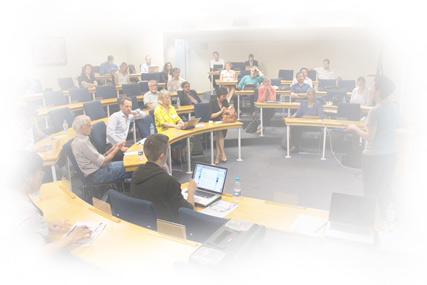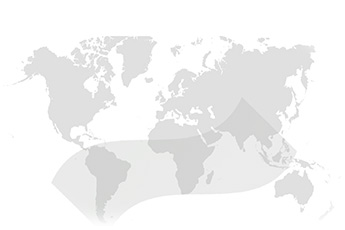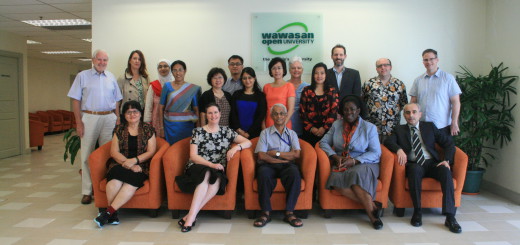
Guest blogger Pip Palframan got in touch with us after hearing PI Cheryl Hodgkinson-Williams’ keynote address at the Transform 2015 Conference. We invited Pip to write about her experiences as an OER user. She shares three key questions when considering using OER.
I have taught in primary schools in the UK and Africa and more recently have worked on various projects developing online and blended learning programmes and resources.
As a teacher I used Online Educational Resources without realising what they really were but knowing that they complemented my lessons and saved me a lot of time. For example, I found shared PowerPoint presentations to help with various science subjects from sites such as BBC’s Bitesize, which would otherwise take me hours to create, or interesting as well as exciting games to support Mathematics lessons. It was only as a programme and content developer that I came to know of Open Educational Resources (OER) formally and went in search of websites and communities that shared OER, such as OERCommons.
More practically, when setting out to find OER three questions have proved useful:
Where can I find OER?
In my experience OER are a great idea and can be very useful but at the same time it can be extremely frustrating trying to find exactly what you need. Which website do you use and is it suitable? Are the resources accurate and well written? Is the level appropriate to your requirements? Is the resource visual or detailed enough? I think the reality, certainly at present, is that it is highly unlikely that you will find an exact fit to your want, need or purpose. Each OER author has their own style, spin and audience. Each audience is different and more often than not I have needed to tailor a resource to suit my intended audience and ensure the effectiveness of the resource. I’d like to think that to find a resource that meets every point on your checklist is not impossible it’s as likely to be a lucky shot in the dark! The final hurdle is to check the conditions of use and make sure you are able to use the resource in the way you intend to.
What is relevant to the content I needed to develop?
Although, finding the perfect fit is perhaps unlikely, OER are still incredibly useful and time saving. The key is finding the OER that you can borrow from, rework into your near perfect resource, blend with other OER or use to complement your content. While, accepting that you will have to put some time into adapting an OER to meet your needs, OER are a helpful source of ideas and content that can save you time in the long run and give you a starting point.
Search strategies are essential. You have to choose your search criteria carefully to save you hours of ploughing through irrelevant resources. I find it really helps to define the learning outcomes you want your students to achieve: what do you want your students to achieve, what key words will you use? This in turn helps you define your search criteria and allows you, almost at a glance, to decide if an OER will help your students achieve the desired learning outcome. From an author’s point of view, when creating a resource that will possibly become an OER, defining your learning outcomes clearly will help others when they are searching for a useful resource.
Another helpful question when searching for OER is how easily can I adapt this to achieve my purpose? Think about what you will need to change and what you can add to enhance it.
What am I actually allowed to do with the resource in terms of Creative Commons licencing?
Once you have started using OER you will become familiar with the symbols used to indicate what type of Creative Commons licence a resource falls under and what you are allowed to do with the resource. For example: some you can rework and some you can use but need to attribute the original author.
While finding relevant OER is often akin to a shot in the dark, working through the three questions might help to strengthen the possibility that OER are found, used and adapted.
Image courtesy of Georgie Pauwels under a CC-BY license.




